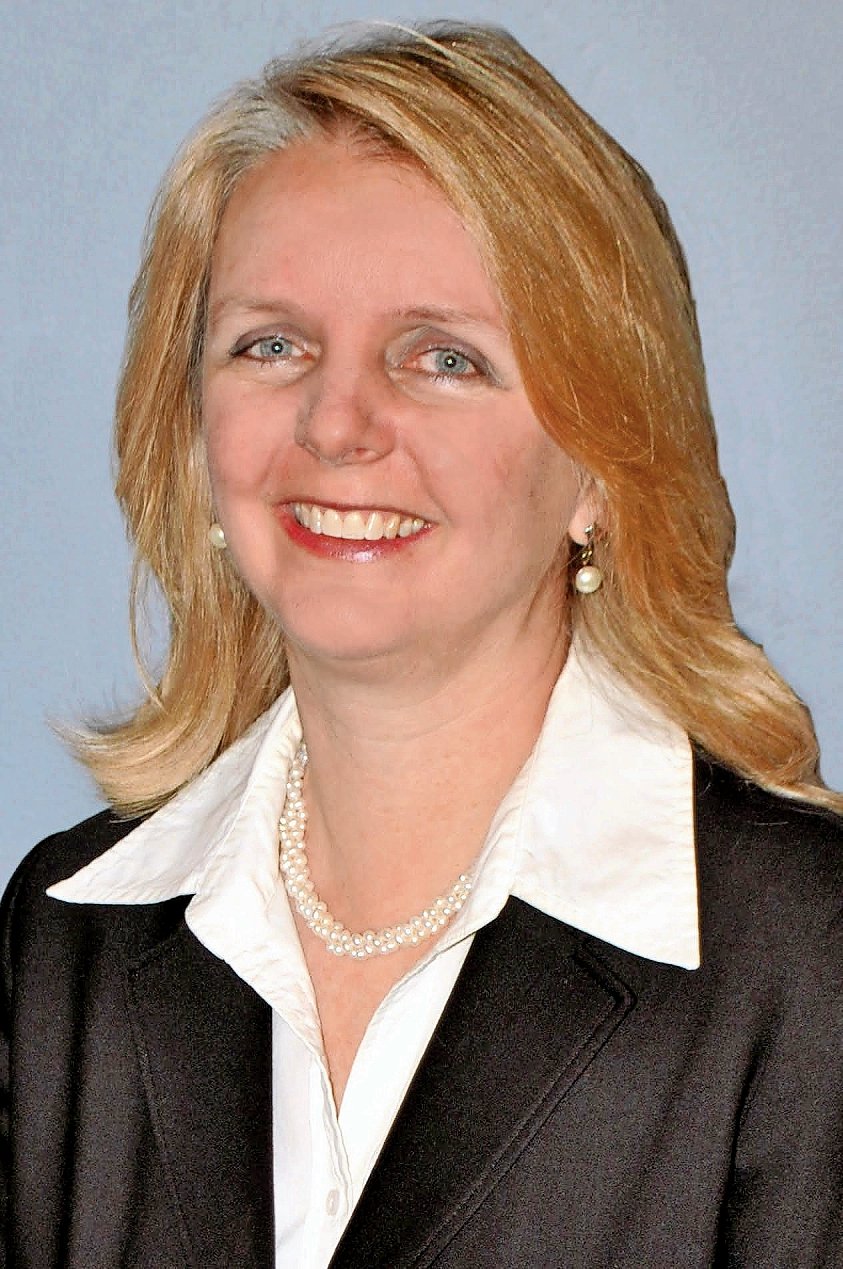County to ban 'Styrofoam'
The Nassau County Legislature is set to ban “Styrofoam” products, such as food containers, at its May 20 meeting. The bill, introduced by County Legislator Denise Ford, a Long Beach Democrat who caucuses with Republicans, would ban the use of polystyrene foam (often called “Styrofoam”) in restaurants, food carts and other establishments.
“Styrofoam” peanuts, used to fill moving boxes, would also no longer be permissible under the ban, which would go into effect on Jan. 1, 2020 if approved by the Legislature and signed into law by Nassau County Executive Laura Curran.
“This is a piece of common sense legislation that will play a role in further helping to protect our environment; our most precious resource,” Ford said in an email. “Styrofoam is already banned in Suffolk County and New York City, and stores like Dunkin’ Donuts are already phasing out the product.”
County Legislator Debra Mulé, a Freeport Democrat, is a cosponsor. “I applaud the Republicans for putting this forward,” said Mulé. Mulé said she wanted to cosponsor the legislation because she believes it’s a vital step in protecting the environment.
“It just makes sense,” she said. “It’s a proven carcinogen, and there are biodegradable products that can be used.” The bill doesn’t say what materials restaurants would use in place of Styrofoam, but that compostable products are readily available (though it doesn’t list any alternatives). There are also no proven ways to recycle “Styrofoam,” according to experts.
The U.S. Environmental Protection Agency states that polystyrene is the fifth-largest pollutant in the country — it often ends up in waterways, and takes many years to decompose. The World Health Organization has also called it a carcinogen.
A ban on “Styrofoam” went into effect in New York City earlier this year, and Suffolk County enacted a ban in April that will take effect next year. In April, Maine became the first to enact a statewide ban on “Styrofoam.” That law will go into effect in 2021. Environmental groups have applauded such measures, but restaurant industry groups have pushed back on them (some filed a lawsuit against New York City years ago, but a judge ruled in 2018 that the ban could move forward).
Any businesses caught selling polystyrene after the ban goes into effect would be fined $500 for a first offense, $1,000 for a second and $2,5000 for third and subsequent violations. The Nassau County Department of Consumer Affairs would enforce the ban.

 39.0°,
Fair
39.0°,
Fair 




